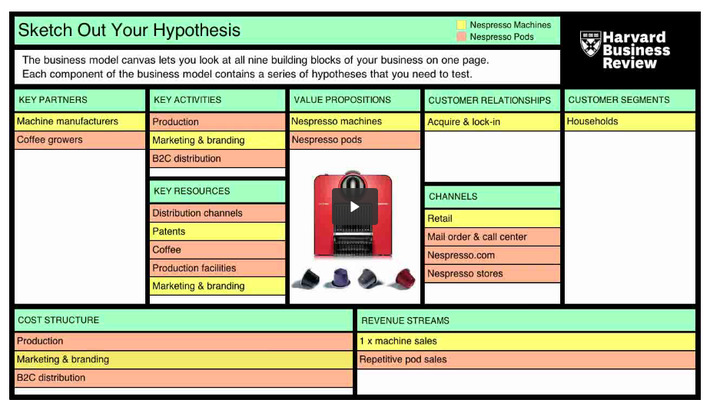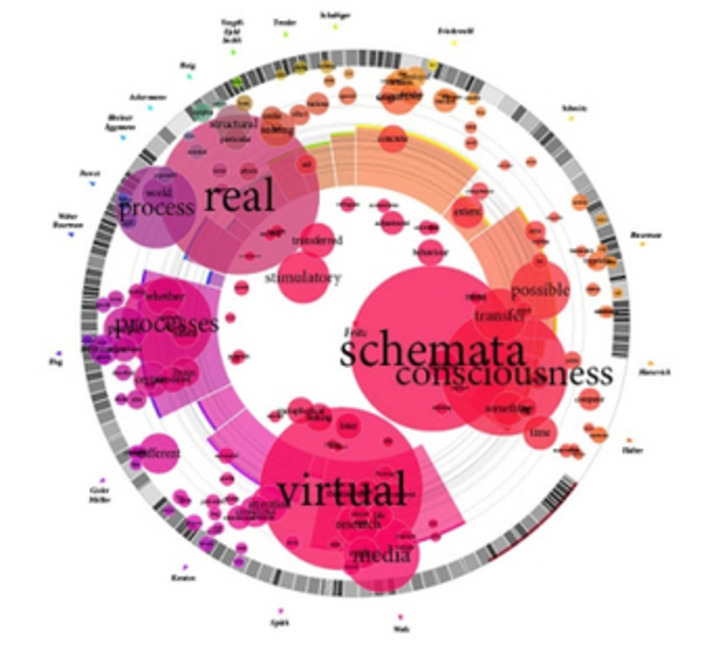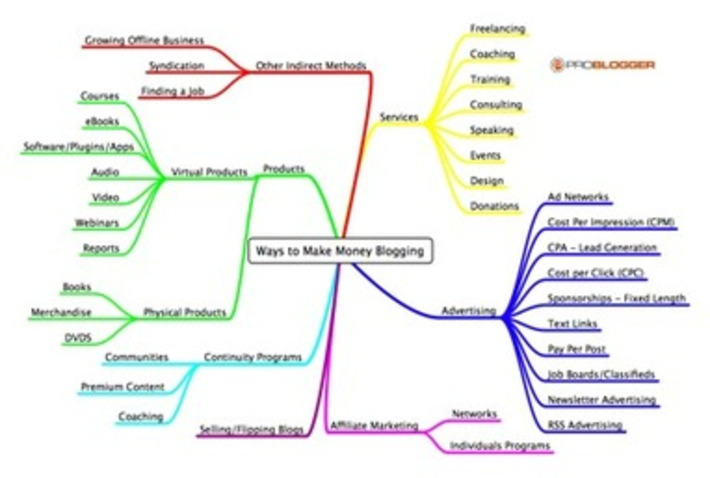Robin Good: How can journalists and small news companies become/remain profitable in the years to come? What are the business moels that news-based outlets and professionals can consider adopting in their effort to become/remain sustainable?
A joint project of the University of Tampere, USC Annenberg and Waseda University in Tokyo, has decided to tackle these very set of questions by researching existing journalistic startups and analyzing their approach and results.
"...there has been much lively discussion about the future of journalism and its business model. However, there has been little research or academic focus to date on the business models for for-profit journalism startups..."
From the report Introduction: "Overall, advertising models that supported media offline seem – for the most part – unable to do so online.
Most attempts to shift business models online fail as they trade “old media dollars for new media pennies” (Nichols and McChesney 2009).
The fundamental trade on scarcity of space cannot hold value in abundant space. Yet advertising remains one of the bedrocks of revenue for most media organisations."
"This report outlines how online-based journalistic startups have created their economical locker in the evolving media ecology.
The research introduces the ways that startups have found sustainability in the markets of nine countries. The work is based on 69 case studies from Europe, USA and Japan.
The case analysis shows that business models can be divided into two groups.
a) The storytelling-oriented business models are still prevalent in our findings. These are the online journalistic outlets that produce original content – news and stories for audiences.
b) But the other group, service-oriented business models, seems to be growing. This group consists of sites that don’t try to monetize the journalistic content as such but rather focuson carving out new functionality.
The project was able to identify several revenue sources that include: 1. advertising,
2. paying for content,
3. affiliate marketing,
4. donations,
5. selling data or services,
6. organizing events,
7. freelancing and
8. training or
9. selling merchandise.
Where it was hard to evidence entirely new revenue sources, it was however possible to find new ways in which revenue sources have been combined or reconfigured.
The report also offers practical advice for those who are planning to start their own journalistic site."
Useful. Informative. Pragmatical. 9/10
Report: Table of Contents - http://www.submojour.net/archives/989/table-of-contents/
Full report (PDF): http://tampub.uta.fi/handle/10024/66378
Via
Robin Good



 Your new post is loading...
Your new post is loading...
















Valuable process view